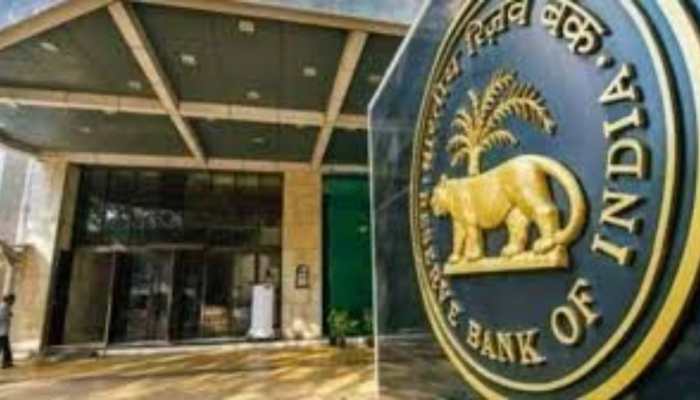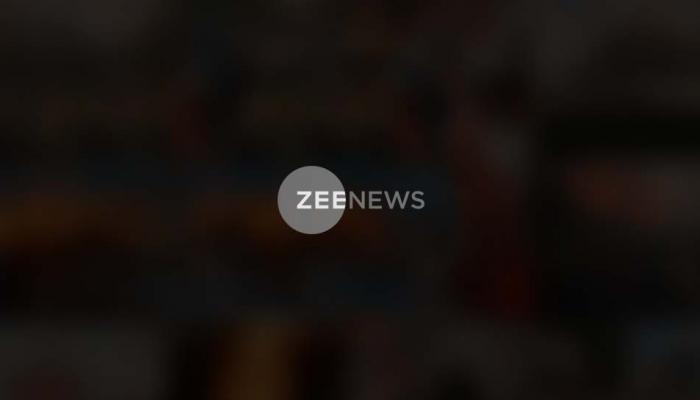Cash reserve ratio News
In a marked departure from previous years, the Budget chose to stimulate consumption and savings rather than focus only on capex. However, it continued to stay focused on fiscal consolidation.
The RBI had, in its monetary policy review on December 6, slashed the cash reserve ratio (CRR) for banks by 0.5 per cent to make more funds available for lending to spur economic growth but kept the key policy repo rate unchanged at 6.5 per cent with an eye on inflation.
SBI Report: According to the report, while the Indian economy faces incremental slowing of growth and geopolitical risks, a knee-jerk reaction such as an immediate rate cut might not be prudent.
Such a move will release USD 15 billion of liquidity into the system, which is undergoing through a liquidity deficit at present, the foreign brokerage said in its report.
The decision to lower the benchmark rate by 25 bps to 6 percent was already factored in, traders said. They added that no change in cash reserve ratio (CRR) left the markets cold too.
In the wake of record low retail inflation, the monetary policy committee (MPC) headed by RBI Governor slashed policy repo rate by 25 basis points to 6 percent and reverse repo by a similar proportion to 5.75 percent.
With the Reserve Bank commentary stressing on all options being open, a section also felt that an increase in cash reserve ratio (CRR) may be in the offing.
Government in consultation with the RBI Friday sharply raised the Market Stabilisation Scheme (MSS) ceiling to Rs 6 lakh crore from Rs 30,000 crore to mop up extra liquidity from the system in view of demonetisation.
Reserve Bank's move for banks to maintain excess cash reserve ratio (CRR) requirement is likely to put an additional burden of Rs 1,050 crore on a monthly basis on the banking system, says a report.
Faced with a spurt in deposits following demonetisation, banks are unlikely to lower interest rates as the Reserve Bank soaked up additional liquidity in one stroke by imposing 100 percent incremental cash reserve ratio (CRR).
The headline inflation is at "manageable" levels, but risks around food inflation still persist, global financial services major Barclays said, adding that the average CPI inflation for this fiscal is likely to be 5 percent.
RBI Governor Raghuram Rajan Tuesday dismissed the demand made by SBI for a reduction in cash reserve ratio (CRR) prior to the policy, as "irrelevant", saying there is no correlation between lower CRR and cheaper loans.
State Bank of India, India's largest lender, expects loan growth to rise to as much as 15 percent in the fiscal year to March 2016, boosted by government auctions for coal concessions and mobile radio airwaves, Chairman Arundhati Bhattacharya said on Tuesday.
The Reserve Bank of India is expected to go for a cut in the CRR as a "prelude" to the monetary policy review meet scheduled to be held on April 7, according to an SBI report.
Rate cut by RBI could happen only in January-June period of the next year as inflation is still high, Kotak Mahindra Bank Vice Chairman and Managing Director Uday Kotak on Tuesday said.
The central bank is monitoring the liquidity situation and trying to keep the call money rate close to 8 percent, Rajan said.
Loading...



)
)
)
)
)
)
)
)
)
)
)
)
)
)
)
)
)
)
)
)
)
)
